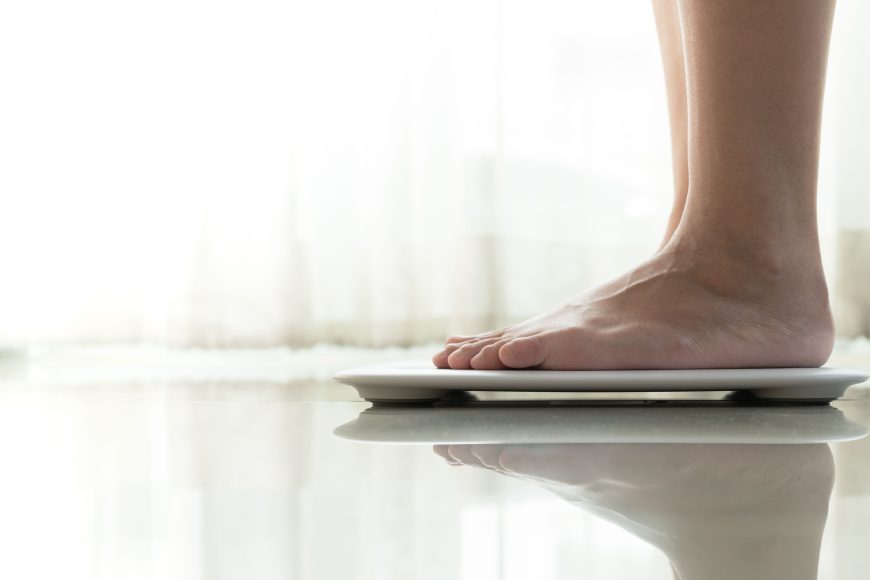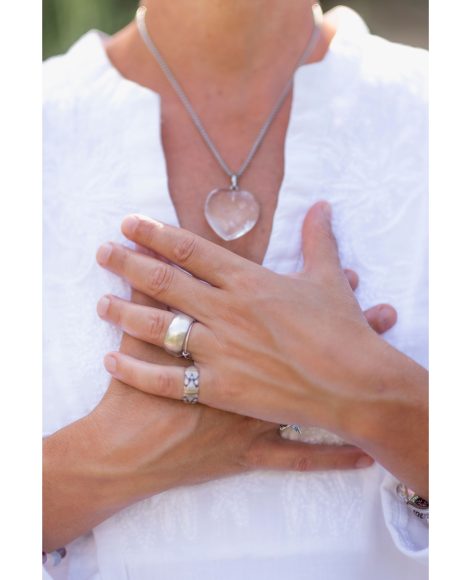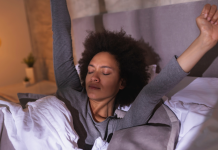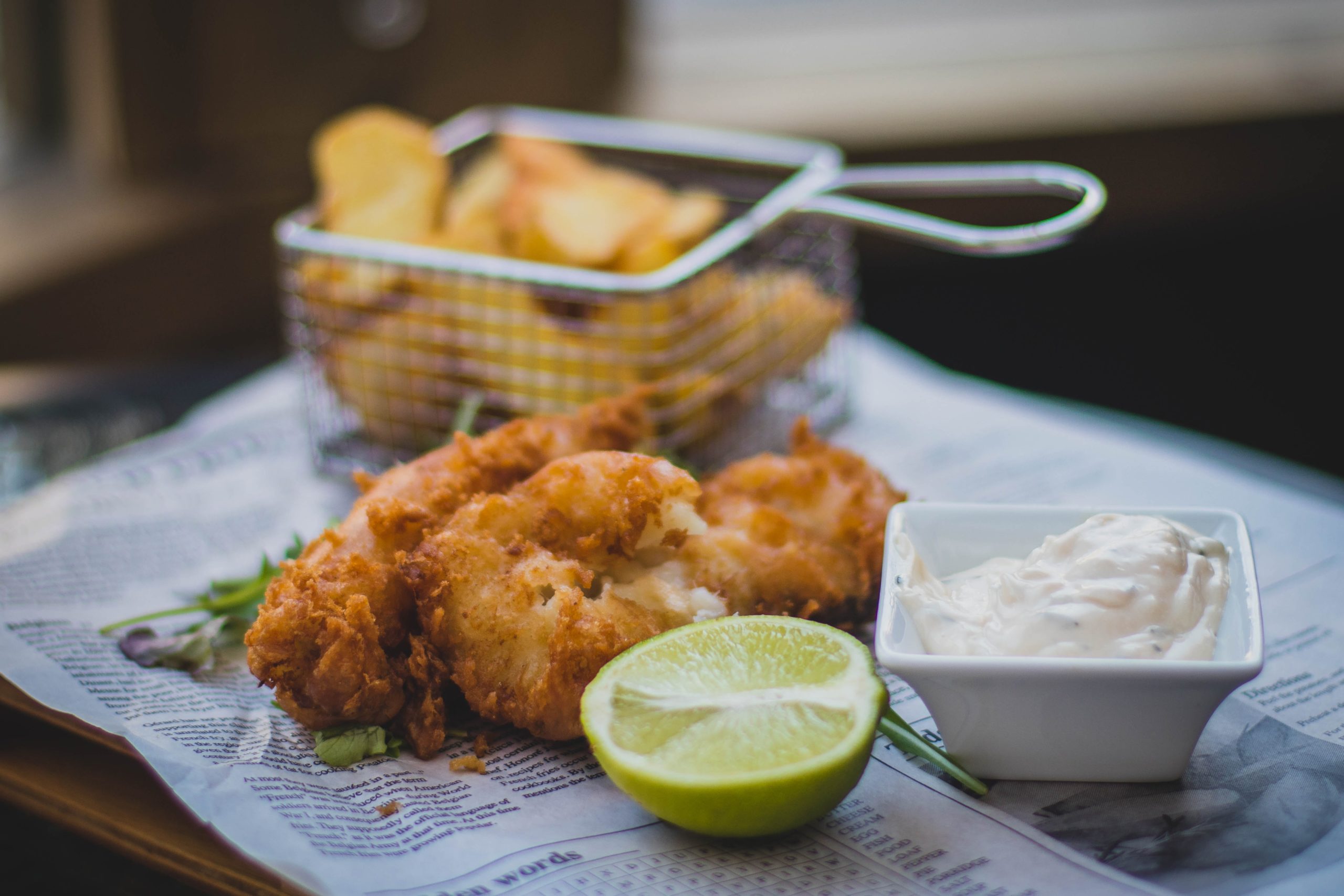This week is eating disorders week, and as a psychologist and a parent, I felt a sense of responsibility to talk about what can often go as an unseen but torturous and dangerous disease. But instead of addressing the topic through conventional methods, I interviewed Dr. Krista Nabar, licensed psychologist, about fatphobia and its relationship to diet culture. Check her out at @authentic_sextherapist for more!

What is fatphobia?
Fatphobia is literally a fear of fatness. But I don’t see it as a phobia, I see it as hatred or bias. I prefer the term anti-fat bias or a weight stigma. Those terms are much more able to capture the scope of what we are talking about: an entire society or even world set up to prioritize the needs of smaller people and ensure that fat people have a much harder time getting their needs met. Life is much harder for fat folks. It is much harder to shop and find clothes, travel and eat out, and worry about fitting in a seat or stall; even going to the doctor is harder for fat people as physicians tend to prioritize weight loss over the issue that the person came in with. And not every person will experience fatphobia to the same degree; a person who is 400 pounds will experience it differently than someone who is 160 pounds. The bias is not distributed equally, though everyone is affected by it.
How does that relate to the diet industry?
When doctors tell you to lose weight, they tell you diet and exercise are the tools to accomplish this. Weight loss becomes the key to health. So folks turn to the diet industry for both health and weight loss. But what they don’t tell you is that there are no safe and effective ways to shrink your body over the long term. Even if diets work over the short term, 95% of dieters regain all the weight they lost within five years, and the majority of those folks gain more weight than they lost. The diet industry continues to sell us the idea that the key to better health and being more accepted by society is to lose weight. But there are no safe and effective ways to lose weight over the long term.

What happens when we see past the fatphobia in our culture?
We develop a new awareness that fat bodies exist and can do all of the things that smaller bodies can do. We know this on an intellectual level, but to actually internalize this awareness is a difficult process. I fight my own anti-fat bias. Even until six months ago, I thought I couldn’t wear shorts … but I have legs, and shorts go on legs! There’s no reason that I can’t. But because I have my own internal fat bias that tells me where my limits are, I have lived in a small box. Seeing other people break out of their box puts new images in my mind, and that fat people can live full lives. That normalization of fat representation makes it more real.
That’s so hard because when I lose weight, I really want people to comment and notice. Why do I feel like my weight loss or hard work isn’t real unless someone tells me that I look great?
Our desire is to be affirmed – what better way to be affirmed than for us to more closely align with what society says we should look like? Particularly, being femme and in a smaller body, that is the expectation of patriarchal beauty standards. It’s a form of validation. The weight loss is real before that, but it feels really good to be validated and to have someone say that.
How do we get that feeling of affirmation and validation in a healthier way?
I can tell you my approach. First of all, I want my clients and myself to be mad … that these beauty standards are not something everyone can meet, they are not healthy for everyone, and they come from a racist and sexist background. Once they are angry they can’t meet these expectations we can reject them. Then we can look for our inner validation, which is different for different people. Maybe it’s the journey of finding out who you are authentically. It might be about finding what your body is good for, finding what you thought your body couldn’t do, hiking, weight lifting, yoga. It could be about really understanding and appreciating the body in and of itself and what it has accomplished. Appreciating that your body gets out of bed every day. Listening to my body, giving it what it needs. Returning back to trusting your body and its signals. Your body is wonderful and amazing. And those are just a few of the ideas that come to mind!
Put simply, before you can find a new way of being, you have to reject the old way. Anger is a natural byproduct of that. How much time have we lost with the expectation that we have to lose weight? How much time have we spent not doing things we would like to do because we focused all the energy on making our bodies smaller?

It’s not always about health though; it’s about being accepted.
We know that weight and health are correlated, meaning people with higher weights tend to have more health problems. But what is not established is that having a higher weight actually causes those health problems. There are lots of confounding variables that are likely more responsible for the health problems than the weight itself. Some examples are dieting and continuously losing and gaining weight, not going to the doctor because of the judgment and shaming from healthcare providers, living in poverty, stress, or lack of access to food. Folks who tell others to lose weight for their health are at best, misguided and at worst, projecting their own discomfort with someone else’s body but spinning it as care and concern.
While I was not able to include the entire amazing conversation I had with Dr. Nabar, we just scratched the surface on fatphobia. I was really energized when I started to understand the relationship between prioritizing thin bodies and so many of the other “isms” that we manage daily, especially as women. I feel empowered to start living my life for health, strength, wisdom, and joy rather than an outline of what women should look like as defined by men generations ago! Regardless of your body size, our bodies are incredible things that deserve celebration.











Very important piece. I personally have wasted so much time concerned about body image. It is a process to feel better about it and it feels good to start that journey. Thanks for writing this.
Comments are closed.